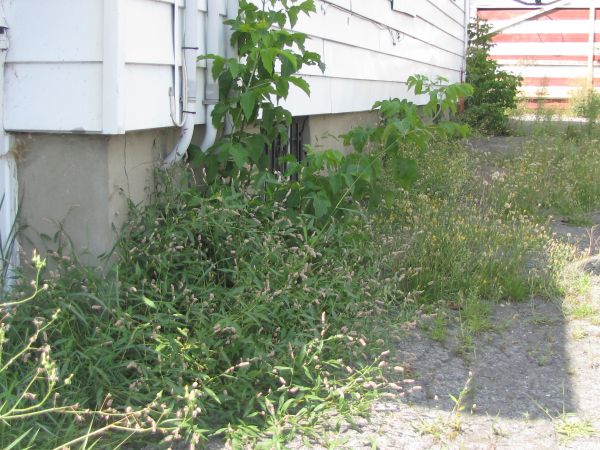CORNWALL, Ontario – City hall will take tougher measures with derelict landlords and owners of vacant buildings.
There are as many as 40 vacant buildings in Cornwall, and the city has become the de facto property manager for most of them – driving up the cost to taxpayers.
But a new vacant building bylaw has been drafted, and city councillors placed their seal of approval on it Monday.
The bylaw will make it mandatory that owners assume basic property and community responsibilities, and place timelines on how long a building can be unoccupied before being officially deemed vacant.
“I actually like it,” said Coun. David Murphy prior to Monday’s vote by city council. “It gives our property standards department some teeth.”
His sentiments were echoed by Coun. Maurice Dupelle, one of the champions of the new bylaw.
“It’s a motivator to not have those buildings vacant for so long,” he said.
Part of the new rules states when a building has not been substantially occupied for more than 60 consecutive days and is in an un-maintained state, it will be deemed vacant.
The city will begin to recoup costs from owners by requiring they pay annual vacant building registration fees.
As well, at the owner’s expense, prior to the registration of currently vacant buildings or the boarding up of newly vacant ones, a municipal building inspector and fire prevention officer will conduct inspections to ensure compliance with municipal laws.
“You have to encourage them to either do something with the building or tear it down,” said Murphy.
The city also plans to introduce fines exceeding the provincial maximum of $5,000, though there have been some warnings from municipal lawyers that some of the new rules could be challenged in a court.
There are also some concerns that the new rules may leave owners with the cheaper option of simply walking away from their properties instead of paying fines and fees.
Murphy said it’s his hope owners, especially those with income properties, will see the benefits of following the rules.
The new bylaw also takes aim at empty storefronts in commercial districts.
The bylaw maintains that the normal building facade must remain as well as be properly maintained.
Additionally, the new rules require the owner of a vacant storefront who might otherwise wish to board-up their operation, must meet with the appropriate Business Improvement Area (BIA), where applicable.
The results of that meeting is to be reported to the city, in an attempt to provide a dialogue to see if the BIA has any interest in placing some displays or other approaches to give less of an impression of vacancy.



